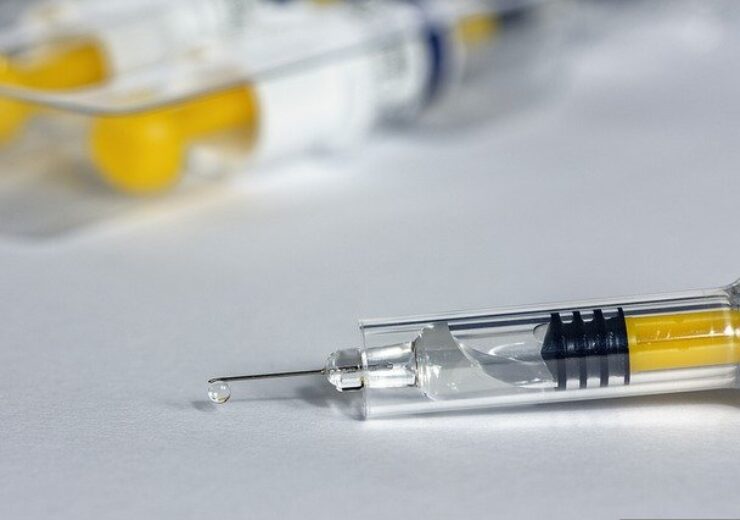Boostrix was previously approved to prevent tetanus, diphtheria and whooping cough in children aged 10 years and above, and the current approval allows its use in pregnant women to prevent whooping cough in infants aged below two months

FDA expands use of GSK's Boostrix vaccine. (Credit: Willfried Wende from Pixabay)
The US Food and Drug Administration (FDA) has expanded approval for GlaxoSmithKline (GSK)’s Boostrix (Tdap) vaccine for administration during the third trimester of pregnancy.
Boostrix was initially approved in 2005 to prevent tetanus, diphtheria and pertussis (whooping cough) in children aged 10 years through 18 years, and was later expanded to include adults and older populations.
The current approval expands the previous indications to include immunisation during the third trimester of pregnancy to prevent whooping cough in infants aged below two months.
According to the Centres for Disease Control and Prevention (CDC), 4.2% of the last year’s total pertussis cases reported in the US were in infants younger than six months of age and approximately 31% required hospitalisation.
FDA Centre for Biologics Evaluation and Research director Peter Marks said: “Pertussis disease is a highly contagious respiratory illness affecting all age groups. However, babies are at the highest risk of getting pertussis and having serious complications from it.
“While vaccination is the best method for providing protection, infants younger than two months of age are too young to be protected by the childhood pertussis vaccine series. This is the first vaccine approved specifically for use during pregnancy to prevent disease in young infants whose mothers are vaccinated during pregnancy.”
The FDA approval was based on a re-analysis of the Boostrix-relevant data from an observational case-control study of the vaccine effectiveness
In the re-analysis, the data was generated from 108 cases of pertussis in infants younger than two months of age, and 183 control infants who did not have pertussis.
The data revealed that Boostrix, when administered during the third trimester of pregnancy, is 78% effective in preventing pertussis among infants younger than six months of age.
In addition, the safety of Boostrix given in the third trimester of pregnancy was evaluated in a randomised, placebo-controlled study with a non-US formulation of Boostrix.
The study included around 680 pregnant individuals, with 50% receiving the non-US formulation of Boostrix and the rest receiving a saline placebo.
The placebo recipients were immunised with the non-US formulation after childbirth.
In the study, the side effects of the non-US formulation of Boostrix given during pregnancy were consistent with those observed with the non-US formulation of Boostrix given after childbirth.
Tdap vaccination resulted in injection site reactions, mild fever, headache, feeling tired, nausea, vomiting, diarrhoea, or stomach ache in some cases.
In August this year, GSK completed its previously announced acquisition of US-based biopharmaceutical company Affinivax for $3.3bn.
